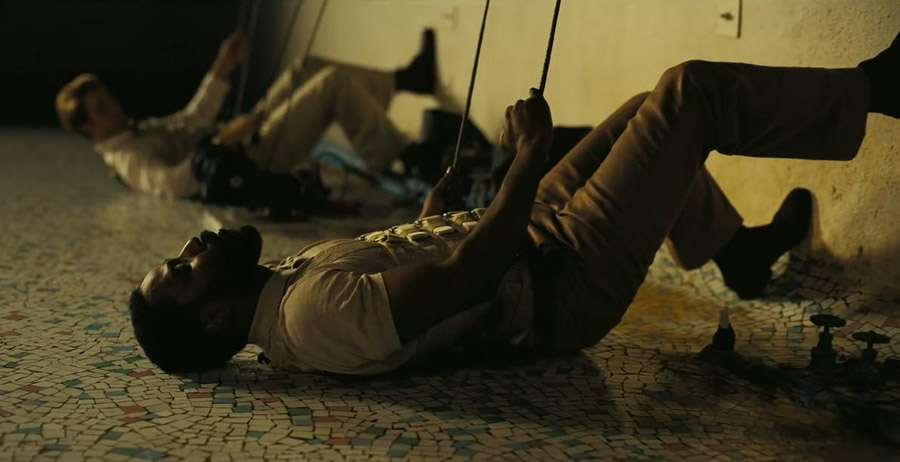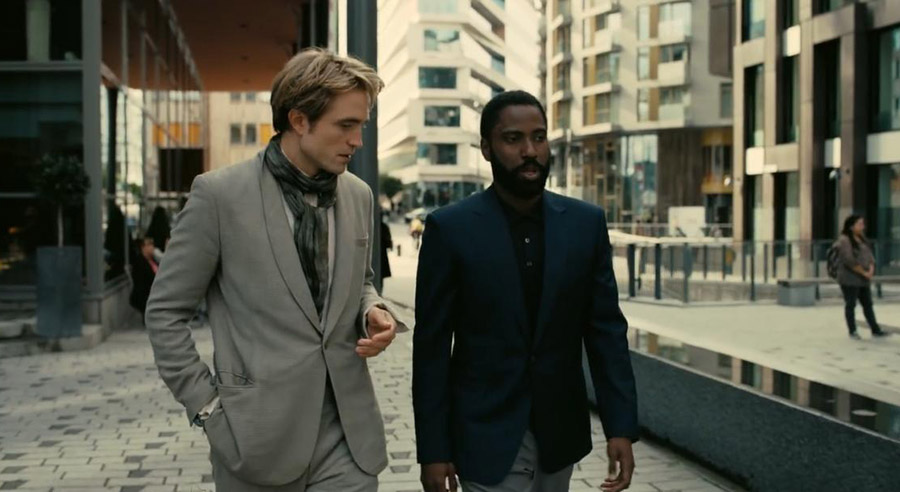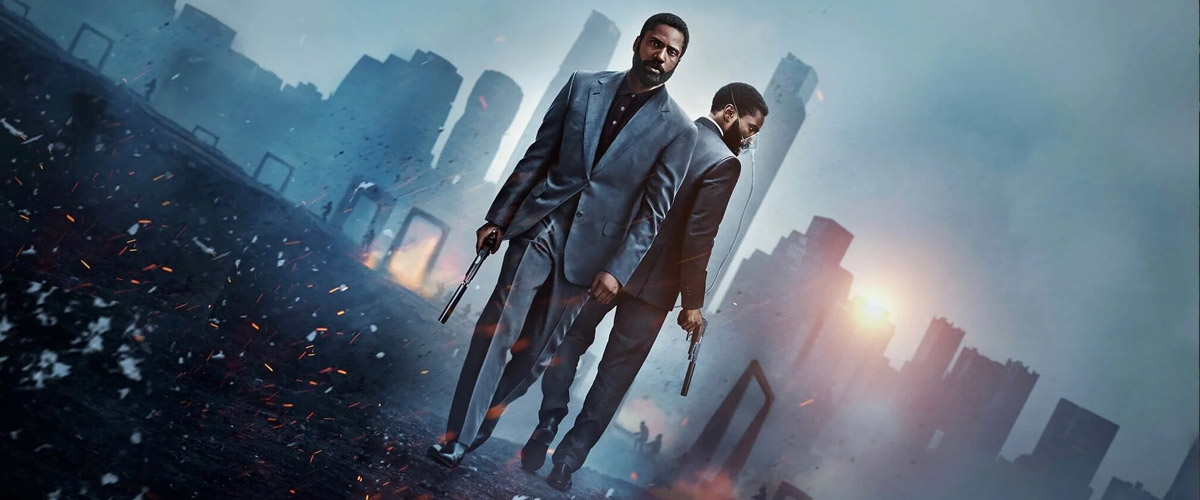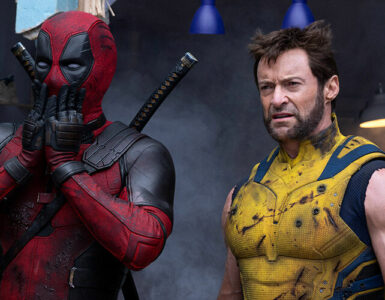Storytelling master, visual maestro, audio virtuoso – to be just one in the field of movie-making is accomplishment enough, and auteur Christopher Nolan just happens to dabble in all three expertly. A creator filled with original ideas and a filmmaker extraordinaire, every of Nolan’s movies, from Memento, Prestige, The Dark Knight Trilogy, Inception, to Dunkirk, has seen the director invite the audience into his little sandbox, as he brings viewers through a level of discovery that few others have managed to entice.
And where he truly shines is when he sets the rules, and takes audiences through a puzzle so carefully crafted, that the final reveal is not the endgame – it’s the journey. With Tenet, Nolan brings his craftsmanship to a whole new level, creating a puzzle so unique yet demanding in its rules, that audiences have no choice but to follow in that journey, or be left behind. And where that expertise lies is taking a concept of time manipulation, known as time inversion in Tenet, and making it seem no different from experiencing sunrise, the four seasons, or that the world is in fact round.

But the foundation of time is not the subject here – it’s his understanding of his, and the way he maneuvers it across the 151 minute movie that keeps your attention. And because he wrote his own bible, there is no vision clearer as he masterfully weaves his tale and audiences are drawn in as they desperately attempt to keep up. This is not some horror/action/drama movie where we question the practicality or logic of certain events as Nolan is too good for this. If you thought that Inception or Interstellar were too mind boggling in its delivery, those were children’s books compared to this Heart of Darkness that fans will no doubt study, dissect and interpret for decades to come.
Make no mistake – every minute of this movie has been crafted in service of the film. There are no jokes or references that distract from the film. In fact, the movie wastes no time in introducing the unnamed Protagonist (John David Washington) who discovers the concept of reversing entropy, which allows objects to move backwards through time. Part time travel, time reversal and moving backwards in time yet also none of it, the ideas in Tenet are confusing at the start, and grow to be incredibly mind-numbing in the final act.

If you’ve grown up with a steady diet of comic books and science fiction the likes of Star Wars, Back to the Future, or Buckaroo Banzai, you just might have the fundamentals in grasping the concepts introduced here. If your diet consisted of Star Trek, Stargate, Doctor Who, The Twilight Zone, then congratulations – your childhood has prepared you for an immersive experience that won’t allow you to understand everything in the first viewing, but set you up for a more enjoyable ride. Yes, there are twists and plot points that some of you would have been able to guess or predict but those are the easy bread crumbs challenging you to delve deeper into the film.
There won’t be spoilers here, but from the trailer, you get a sense that linear time is being dissected here, and concepts of cause and effect, time causality and even linear time will come into play and be put to the test.

Time theories aside, Tenet, like many of Nolan’s movies, demands multiple viewings to peel back the many layers placed in the film. There are layers upon layers, as events and concepts get revisited. Your mind will be frantically trying to piece everything together, but that’s not the point of this film. Like a well conceived puzzle, Nolan has gone through his conundrum inside and out, to develop a concept that is best questioned and enjoyed at the same time.
But the drawback of this is that there is very little else that the film has time for. From the introduction of Neil (Robert Pattinson), Kat (Elizabeth Debicki) and the villainous Sator (Kenneth Branagh), events and characters are introduced like chess pieces, with a purpose but not much else. As a mother, Kat’s backstory is relegated to just that and little else, to show why she is helping the Protagonist and Neil. Branagh’s role as a Russian oligarch is the exact same role he took in the recent Jack Ryan reboot, and we’re none the wiser as to why he wants to destroy the world.

Oh, and if anyone understands his grand plan, do explain because his intent is not made very clear. If only there was a way to revisit the events of the film.
And in a movie where dialogue is important in conveying intention and explaining narrative elements, Nolan again uses sound in the most confusing of ways. Like he did with Tom Hardy as Bane in The Dark Knight Rises, and Tom Hardy in Dunkirk, parts of character conversation are masked against natural sounds and audiences will be hard pressed to understand the at times short but already confusing things that are being said. But as to how Nolan got Hardy’s charisma to do some of the talking, he has Washington’s charisma and Pattinson’s charm to compel audiences to continue watching.

From the well choreographed fight scenes and tactical approaches to filmmaking that makes this as much a heist movie as it is a spy caper, to massive set pieces that include a freeway car chase and plane crash that will astound and confuse, Tenet is a well polished spectacle that only Nolan can deliver. Yes, it is exhausting much like a roller coaster that you just sat through, but can never remember or describe clearly without going on again and again, no matter how draining it can be because it’s that gripping.
GEEK REVIEW SCORE
Summary
With a new concept that astounds and raises expectations, Tenet is a bold and baffling race against time that raises more questions than it answers, but those that it does satisfies and leave audiences hoping for more.
Overall
9.4/10
-
Story - 9/10
9/10
-
Direction - 9.5/10
9.5/10
-
Characterisation - 9/10
9/10
-
Geek Satisfaction - 10/10
10/10













